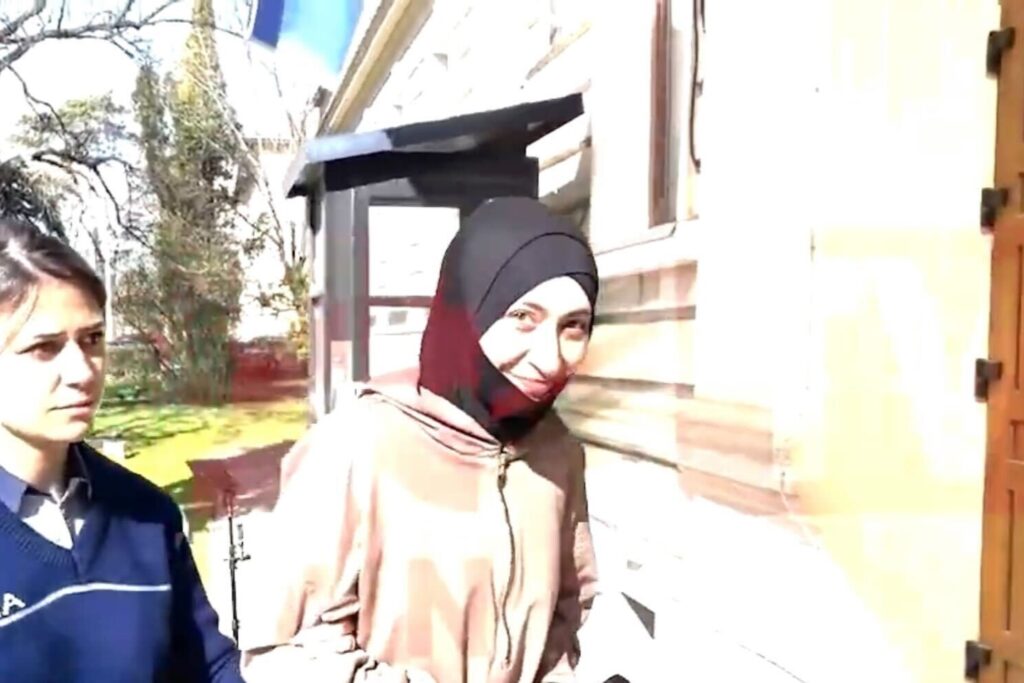A Chechen woman has been granted refugee status in Romania after eight months of campaigning to prevent her extradition to Russia.
Amina Gerikhanova was informed on 4 November that her application had been approved.
She and her family suffered harassment by the Chechen authorities after her husband left to fight in Syria in 2014, as they were considered to be close contacts of individuals suspected of terrorism.
In 2016, Gerikhanova fled with her child to Ukraine, where they lived until attempting to enter Romania after Russia’s invasion of Ukraine.
On crossing the border into Romania on 13 March, Gerikhanova and her son were detained by the Romanian police on the basis of a Russian Interpol warrant issued in 2018. It accused her of participating in hostilities in Syria, despite her having been in Ukraine at the time she was accused of doing so.
Her extradition by the Romanian courts was only prevented after the European Court of Human Rights (ECHR) issued interim measures to protect her.
According to the Chechen human rights organisation Vayfond, Romania’s decision to grant Gerikhanova refugee status was unexpected due to the treatment she had received from the Romanian authorities.
‘The police rudely told Amina that she was an extremist, she was dangerous, and they would not give her a single day of freedom’, a spokesperson told OC Media.
‘It sounded very threatening, and they said that they would act in the interests of their own country, even if that meant going against the interests of the ECHR.’
Eight months in detention
Gerikhanova’s successful application for asylum followed eight months of campaigning by activists.
Following her arrest, Gerikhanova was held in a pre-trial detention centre and her son was placed in a children’s shelter.
In early May, lawyers from Amnesty International joined the human rights defenders working on Gerikhanova’s case, filing a lawsuit on her behalf with the ECHR, according to Vayfond.
There followed six months of campaigning for Gerikhanova to receive refugee status, with Chechens holding several rallies across Europe.

On 30 October, two days after Amnesty International organised a protest in front of the Romanian embassy in Austria, Amina’s request for refugee status was granted, although she was only informed of this five days later.
According to Vayfond, even though Amina is currently well and is already at liberty, she will need to remain in Romania in order to see through her case at the ECHR.
The organisation noted that the decision to grant Gerikhanova refugee status was the result of work by journalists, activists, civil society organisations, and those who held rallies to support her.
‘This was great news not only because of Amina herself, but also because this lawlessness, which has been going on in Europe for a very long time, was overcome through the joint efforts and high-quality work of human rights activists.’
‘This means that in the future, we must also work like this, supporting each other, maintaining partnerships, and organising protests. This is a good case and experience for our future work.’




 8 November 2022
8 November 2022



